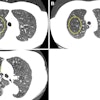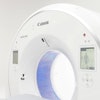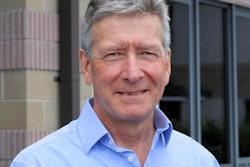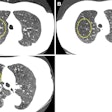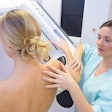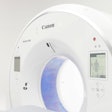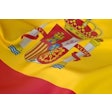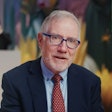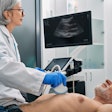
Many congratulations to Dr. Katharine Halliday, newly elected as the next president of the U.K. Royal College of Radiologists (RCR). Congratulations are due also to the other eight candidates who stood for election. The fact that so many excellent radiologists came forward with a vision for the future of the RCR and our specialties (radiology and oncology) is hugely encouraging.
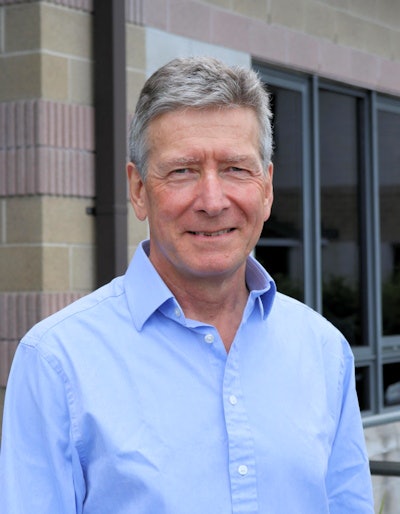 Dr. Giles Maskell was RCR president from 2013 to 2016.
Dr. Giles Maskell was RCR president from 2013 to 2016.During the period of the election, the discussion resulting from questions raised by the candidates themselves and by others has been rich and wide-ranging and will help to show the new president where her attention should be focused.
One advantage that she has is the experience she will have gained from the Getting it Right First Time initiative, during which she visited almost every radiology department in England. There can be no doubt that she is uniquely well equipped to understand the day-to-day problems faced by radiologists and radiology services.
So what's on the agenda for the incoming president? For a start, there is a lot to learn about the college itself. The RCR is a complex organism. First and foremost, it is a charity devoted to improving patient care. However, it is also a membership organization, an employer, and a professional body with a range of activities including training and examination, political lobbying, professional support, event management, media relations, and many more.
At any one time, hundreds of fellows work on behalf of the college in different capacities, supported by the dedicated RCR staff. As the face of the RCR, the president will speak on our behalf to representatives of other colleges and specialties, to the press, to politicians, and sometimes directly to the public. There is a great deal to take on board.
The future strength of the RCR will depend on engaging the whole radiology and clinical oncology community across the four nations of the U.K. as well as its overseas fellows. The needs of radiologists and clinical oncologists at every stage of their careers and whatever their backgrounds must be addressed. Additionally, interventional radiologists want to develop a distinct identity.
At times, the aspirations of one group of fellows will seem to be at odds with the interests of another group. Clinical practice in a severely constrained environment can be good preparation for this.
Workforce challenges
Workforce has been the college's top priority for as long as most of us can remember but now the problem is a little different. Having finally secured the long-demanded additional training numbers, our challenge is where to place the additional trainees and how to ensure that we make the best use of innovative training methods in the face of a shortage of radiologists to train them.
Finally, a word about the current president, Dr. Jeanette Dickson, who will continue to lead the RCR until the beginning of September.
Jeanette has had to deal with unprecedented challenges during her term of office. Every president has to expect at least one major crisis during their tenure, but no previous incumbent has been faced with a global pandemic. The fact that the RCR has responded so well to the problems created by COVID-19 and is emerging in generally good health is a huge credit to the president and her team.
So congratulations again, Kath, and very good luck. Enjoy the next few weeks because a lot of hard work lies ahead!
Dr. Giles Maskell is a consultant radiologist at Royal Cornwall Hospitals National Health Service (NHS) Trust, Truro, U.K. He is a former president of the U.K. Royal College of Radiologists. Competing interests: None declared.
The comments and observations expressed herein do not necessarily reflect the opinions of AuntMinnieEurope.com, nor should they be construed as an endorsement or admonishment of any particular vendor, analyst, industry consultant, or consulting group.

